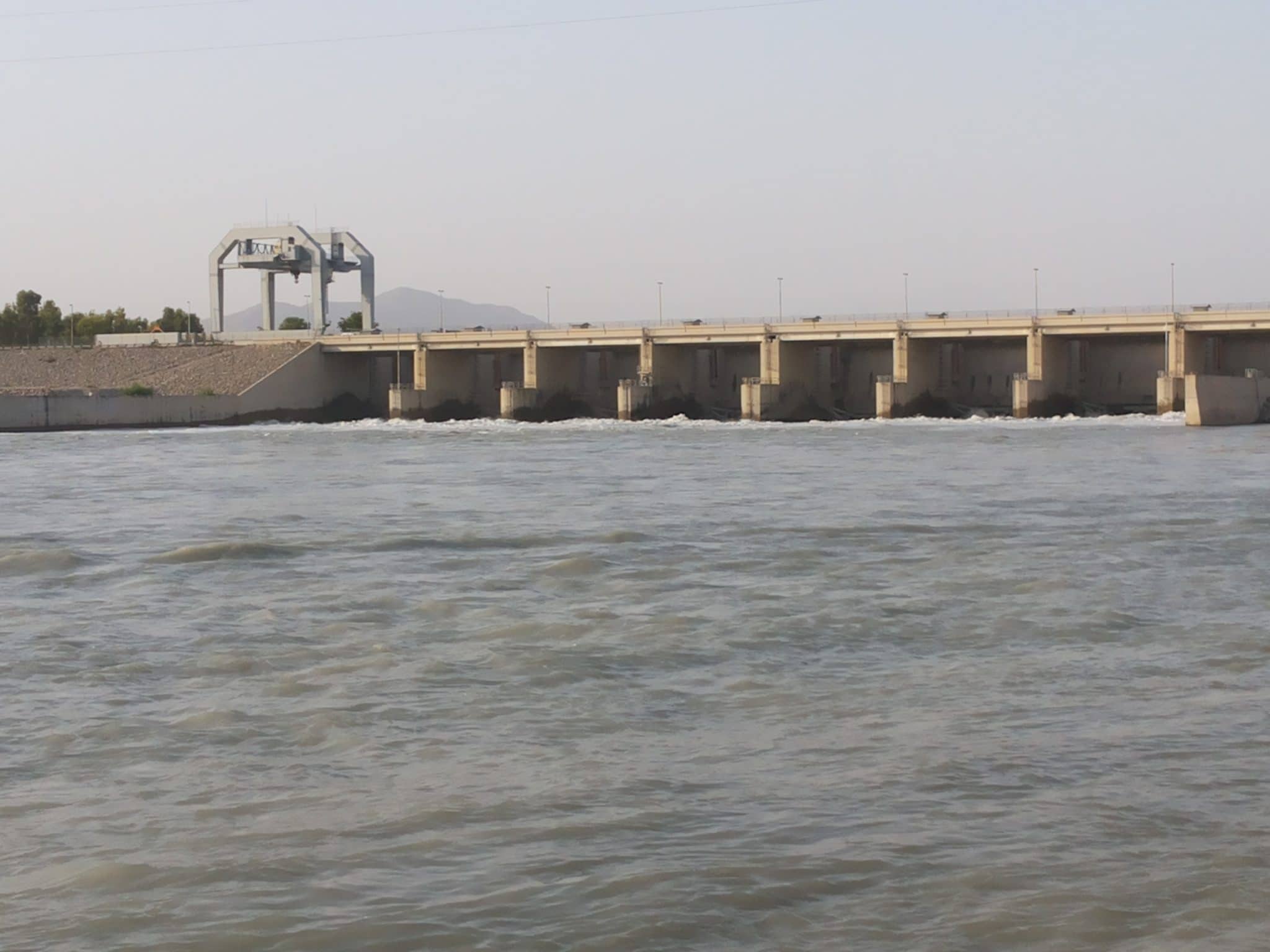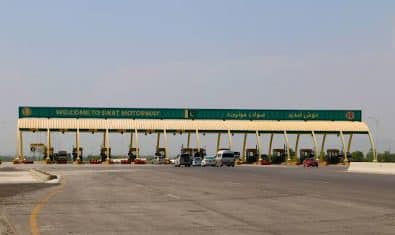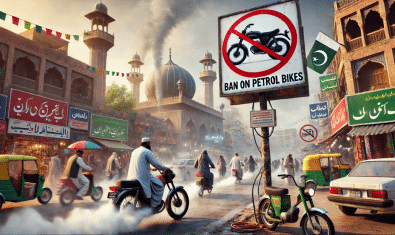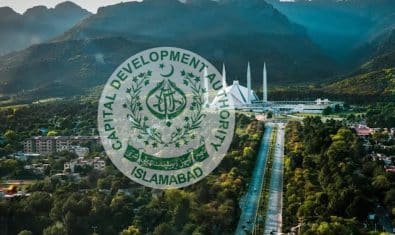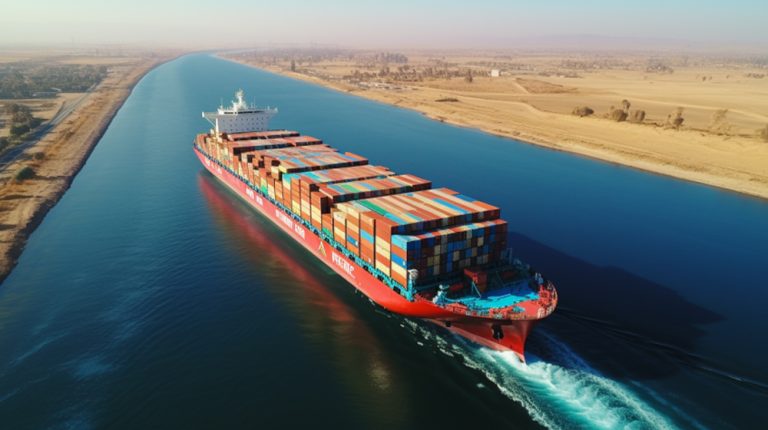The Senate Standing Committee on Water Resources met on Thursday at Parliament House and discussed in detail the security and safety issues related to the Ghazi Barotha Channel and underground water levels of Pakistan’s four provinces – in which the discussion channeled around Sindh.
Chaired by Senator Musadik Masood Malik, the meeting was attended by Senator Sana Jamali, Senator Taj Haider, Senator Gurdeep Singh, Senator Dr. Muhammad Humayun Mohmand, Senator Syed Muhammad Sabir Shah, Senator Shaheen Khalid Butt, and senior officers from the Ministry of Water Resources, IRSA along with all concerned.
The meeting commenced with a briefing regarding safety matters related to the Ghazi Barotha Hydropower project. A point of Public Importance was raised by Senator Syed Muhammad Sabir Shah, which was referred to the committee by the House. The committee inquired about the reasons for rising safety issues while being accessed by citizens.
Terming such water bodies a poor man’s swimming pool, it was asserted that provisions be made to ensure access to the public while beefing up safety measures. It was asserted that lifeguards be employed around certain parts of the channel to curb the loss of life. Promotion of waters sports was sought.
Enquiring the reasons for the increased fatalities of the Ghazi Barotha Channel, which has claimed the lives of 124 individuals, the committee was informed there is the Power Channel that runs at a velocity of 7.6 feet per hour. The Ghazi Barotha Hydropower Project is a Mega run-of-the-river project of WAPDA generating 1450 MW Electricity which, in addition to safety issues, is prone to national security matters.
The 36 km service road has been protected with a guard rail/crash barrier at a critical location along the Power Channel. The committee asserted that WAPDA officers must be given authority to protect and penalize infringement of barriers. The committee directed the ministry to devise a complete plan on matters discussed and submit it to the committee within three months.
Reviewing details of underground water levels in Sindh; the committee showed concern regarding the lack of information of the Public Health Engineering and Rural Development Department, Sindh. The committee stressed the need for the Department to review projects and devise a plan to ensure water tables are developed. It was asserted that details of plans to deal with waterlogging and salinity, including maintenance of RO Plants and LBOD channels, be presented to the committee.
The committee was disconcerted that 70 percent of RO Plants installed in Sindh were in non-working condition. Directives were given for a complete report to be presented on measures to reduce waterlogging and salinity by 30 percent in the province, in accordance with the Indus Water Accord of 1991.

Follow ProPakistani on Google News & scroll through your favourite content faster!
Support independent journalism
If you want to join us in our mission to share independent, global journalism to the world, we’d love to have you on our side. If you can, please support us on a monthly basis. It takes less than a minute to set up, and you can rest assured that you’re making a big impact every single month in support of open, independent journalism. Thank you.
